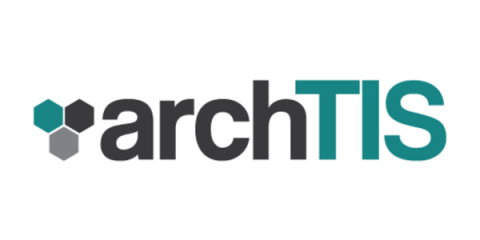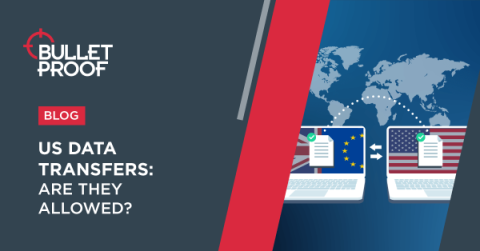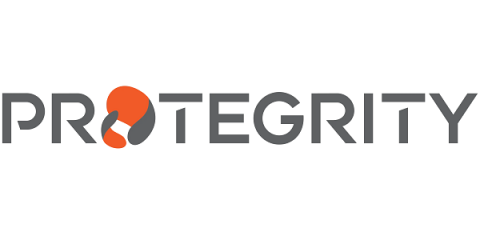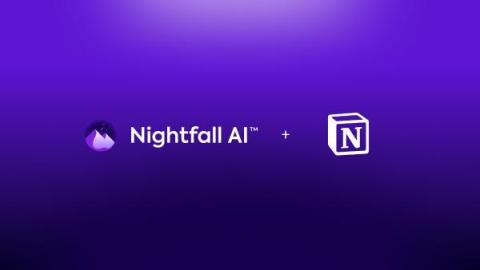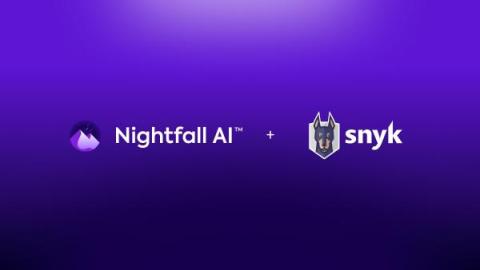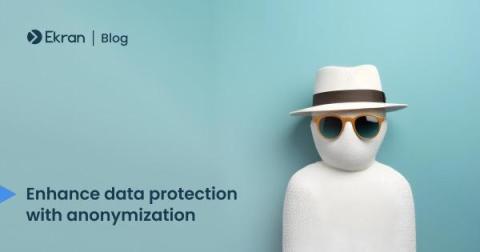Security | Threat Detection | Cyberattacks | DevSecOps | Compliance
October 2023
US data transfers: are they allowed?
US data transfers... are they allowed? Well. Yes. It depends....it’s complicated. Let’s get stuck in and I’ll explain all. In July this year, the EU Commission made an adequacy decision for the new EU-US Data Privacy Framework (DPF). This can be seen as Safe Harbor 3.0. Essentially, in most scenarios, data transfers from the EU to the US are now permitted without the need for other mechanisms such as Standard Contractual Clauses (SCCs).
New at Nightfall: October '23 Product Updates
This month has been full of new product announcements, including integrations with Microsoft Teams and Notion, as well as various improvements to security team workflows. Read on to learn more about what we’ve been up to this month.
Unlocking Compliance: Quebec's Law 25 and Data Privacy
In today’s data-driven world, privacy and data protection are paramount. One of the most significant developments in data privacy is Quebec’s Law 25, also known as Bill 64, which was officially adopted on September 22, 2021. This landmark legislation represents a significant step in modernizing Canada’s privacy landscape and introduces several key provisions that businesses must be prepared to address.
Understanding the Implications of Data Sovereignty and Why Data Residency may be a Better Choice for Your Business
The variety of cloud services that store organizational data continues to proliferate in type and number leading to tension as more governments, policymakers, and organizations consider (or are in the process of) implementing mandates requiring that specific types of data remain within geographical borders. Many organizations need to navigate these data management compliance mandates while also satisfying the competing needs of expediency, cost-effectiveness and, of course, data security.
5 Ways to Protect Your Company's Valuable Life Sciences Data
Despite increasing cybersecurity awareness across the industry, Life Sciences firms continue to experience significant cyberattack volume. In fact, published reports indicate that average Life Sciences data breach now costs more than $5 million, while Life Sciences and Healthcare organizations perennially top the annual list of data breach costs by industry.
How to Discover and Protect Sensitive Data in HAR Files
In light of the recent data breach at Okta, it’s important to pay attention to the potential risks of sharing HAR files in SaaS data silos like Zendesk.
Introducing Nightfall for Notion
At Nightfall, we’re guided by our customers who trust us to safeguard their sensitive data for every application and AI tool. That’s why we’ve launched Nightfall for Notion as another step in making it simple and seamless for customers to protect their valuable company and customer information.
Maximizing Microsoft Sensitivity Labels in M365, SharePoint, Outlook and more
Leadership Less Involved in Cyber-Preparedness Despite a Majority of Orgs Thinking Data Loss from a Cyber Attack Likely in the Next 12 Months
You probably expect executive leadership to not just support cybersecurity efforts, but to be involved. New data shows organizations have a way to go until this is a reality. Even if an organization is completely supportive of the cybersecurity strategy, it can’t exist in a technical bubble only. It requires a lot of input – from planning to implementation – to ensure that required business objectives are met as security controls become part of operations and resiliency plans.
Key Management & BYOK in Microsoft 365 for GDPR Compliance
Hidden Data Exfiltration Using Time, Literally
I was looking at my watch last week and my attention was moved towards the seconds over at the right of the watch face, incrementing nicely along as you’d expect. Now, I don’t know if I’d just spent too long staring at a debugger screen or if it was something in the air, but an idea dawned on me, related to all things command and control, data exfiltration, etc.
Nightfall AI and Snyk Partner to Offer Developers AI-Powered Secrets Scanning
SAN FRANCISCO, Oct. 12, 2023—Nightfall AI, the leader in cloud Data Leak Prevention (cloud DLP), today announced a partnership with Snyk, a leading developer security provider, to offer developers AI-powered secrets-scanning capabilities. Snyk and Nightfall are partnering to co-sell Nightfall's DLP platform alongside Snyk's Developer Security Platform.
Nightfall Partnered with Snyk to Make Developers' Lives Easier. Here's How.
As we announced earlier today, Nightfall is thrilled to team up with Snyk to provide a state-of-the-art security solution for developers working in every phase of the code-to-cloud lifecycle. But that’s just the “What”—now let’s dive into the “Why” and the “How.”
Data Anonymization: What It Is and 6 Best Practices You Should Know
DISP: Securing the Australian Defence Supply Chain
Decoding Data Security Posture Management - Separating Truth from Myth
Data is expanding beyond environments, applications, and geographical boundaries. It is safe to say that we are currently experiencing the era of the Big Bang of Data. It is driving economies and industries. Organizations that can leverage data to its fullest potential take the helm of their industry, leading it peerlessly. However, with the proliferation of data comes increasingly serious risks to data security and privacy.
Microsoft 365 GCC High Guide for DoD Contractors
AI Development Tools that Security Teams Should Know About and How to Secure Them
Following the rush to Artificial Intelligence (AI), many companies have introduced new tools and services to the software supply chain. Some of today’s most popular AI development tools include: This assortment of tools can be used to develop a wide range of AI applications, such as chatbots, virtual assistants, and image recognition systems.


